Many countries allow international students to work 20 hours/week during the semester, and if they violate this rule they can be deported.
Below are the number of hours international students work in some countries.
Canada
Ms. Hai Anh Vu, Senior Manager of Southeast Asia at Algonquin College, Ottawa, said that international students studying full-time programs are allowed to work 20 hours/week during school hours. Students can work on campus (unlimited hours), off campus (limited hours) or both, depending on their ability. During vacations, they are allowed to work full-time.
According to Ms. Hai Anh, this is a government regulation that helps international students balance their study and work time, and earn extra income to cover expenses.
"This also helps Canada address its labor shortage," she said.
For local students, the government does not limit the number of hours they can work. However, employers often hire students aged 15 and over if they can ensure they are in school.
When working, students must provide their social security number (SIN) to their employer. Wages, social insurance, unemployment insurance, personal income tax, etc. are all referenced to this SIN. If they work overtime, international students will violate immigration regulations, affecting the extension of their study permit or post-graduation work permit, and may even be deported or banned from entering Canada for 1-5 years.
The minimum wage in Canada is around 14-17 CAD (250,000-310,000 VND) an hour, depending on the province.
Singapore
International students in Singapore are allowed to work part-time if they are 14 years old or above; under a full-time program at a school licensed by the Singapore Ministry of Manpower (MOM).
International students are allowed to work up to 16 hours per week during the school term and unlimited hours during holidays. Local students are not subject to this regulation.
According to Mr. Dinh Hoang Ha, Regional Director of SSTC Academy Singapore, students can be fined 20,000 SGD (more than 368 million VND) or imprisoned for up to two years and can be permanently banned from entering Singapore if they violate.
Employers who hire international students without a work permit can be fined between SGD 5,000 and SGD 30,000 (VND 92-550 million), or imprisoned for up to 12 months. Many cases result in both.
"Singaporean law is strict, so employers must manage themselves and be responsible before the law. They will check student visas before accepting students to work," said Mr. Ha.
The average salary for part-time work in Singapore is 9 SGD (165,000 VND)/hour.
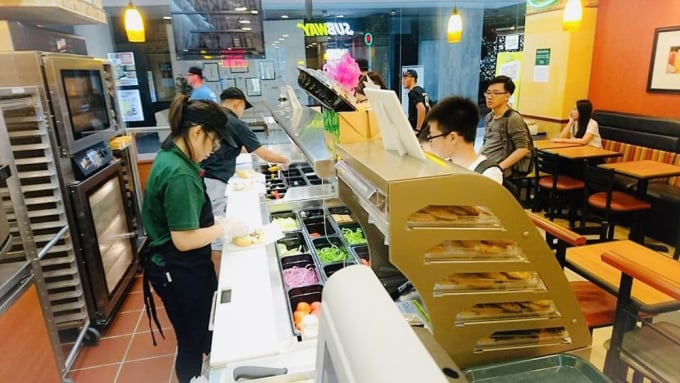
Vietnamese students work part-time at a bakery in Singapore. Photo: Dinh Hoang Ha
America
In the US, international students are allowed to work up to 20 hours/week on campus (cafeteria service, office work, dorm reception, tutoring, teaching assistant, etc.). In the summer, the number of hours increases to 40 hours/week. There is no limit on the hours American students can work, both on and off campus.
International students must log their hours into a school-based system each week. The hourly wage in the US is around $7.25 to $18 (VND 174,000-450,000) per hour, depending on the school and job position. This is usually equal to or slightly higher than the state minimum wage. For example, the minimum wage in Minnesota is $8.85 per hour, and in Indiana it is $7.25 per hour.
"If discovered working illegally, international students can be arrested and deported," warned Nguyen Ngoc Khuong, an independent study abroad consultant in Minneapolis, Minnesota.
Japan
Previously, international students in Japan were allowed to work no more than 28 hours per week, but this regulation has changed. Currently, the total number of overtime hours for international students in 7 consecutive days cannot exceed this limit. The reason is that many international students work too much, not enough time for studying.
This rule does not apply to Japanese students. However, they usually do not work more than 14-15 hours/week due to tax implications.
Companies, restaurants, and stores all have systems that monitor working hours. When the 28 hours are almost up, the system will send a warning to the international student’s email. International students can work 2-3 jobs but must submit proof of income when renewing their visa. If the number is too high, the international student may be audited.
According to Mr. Nguyen Duy, Director of CBE Japan Study Abroad Consulting Company, if they violate, they will not be allowed to extend their stay or change their status of residence to work in Japan after graduation.
During holidays, overtime is extended to 40 hours per week. The minimum wage in Tokyo is usually the highest, around 1,110 yen (over 180,000 VND) per hour for convenience store work, and up to 3,500-5,500 yen (570,000-900,000 VND) per hour for interpreting. In other cities, wages are around 15% lower.
Australia
In Australia, international students are allowed to work 48 hours every two weeks while studying and unlimited hours during holidays. The minimum wage for international students is 21.38 AUD (nearly 350,000 VND) an hour.
The Australian Government requires all workers to pay income tax. International students must apply for and receive a tax file number from the Australian Taxation Office before starting work. Most companies pay wages directly into their bank accounts, so hours worked are automatically updated.
If they violate regulations on working hours or work illegally, depending on the severity and type of work, international students will be warned, fined, or even deported.
As with many other countries, overtime limits do not apply to Australian students.
Dawn
Source link


![[Photo] Close-up of Vietnam's sniffer dog team searching for earthquake victims in Myanmar](https://vstatic.vietnam.vn/vietnam/resource/IMAGE/2025/4/1/d4949a0510ba40af93a15359b5450df2)

![[Photo] General Secretary To Lam receives King Philippe of Belgium](https://vstatic.vietnam.vn/vietnam/resource/IMAGE/2025/4/1/e5963137a0c9428dabb93bdb34b86d7c)
![[Photo] Prime Minister Pham Minh Chinh meets with King Philippe of Belgium](https://vstatic.vietnam.vn/vietnam/resource/IMAGE/2025/4/1/be2f9ad3b17843b9b8f8dee6f2d227e7)
![[Photo] President Luong Cuong and King Philippe of Belgium visit Thang Long Imperial Citadel](https://vstatic.vietnam.vn/vietnam/resource/IMAGE/2025/4/1/cb080a6652f84a1291edc3d2ee50f631)

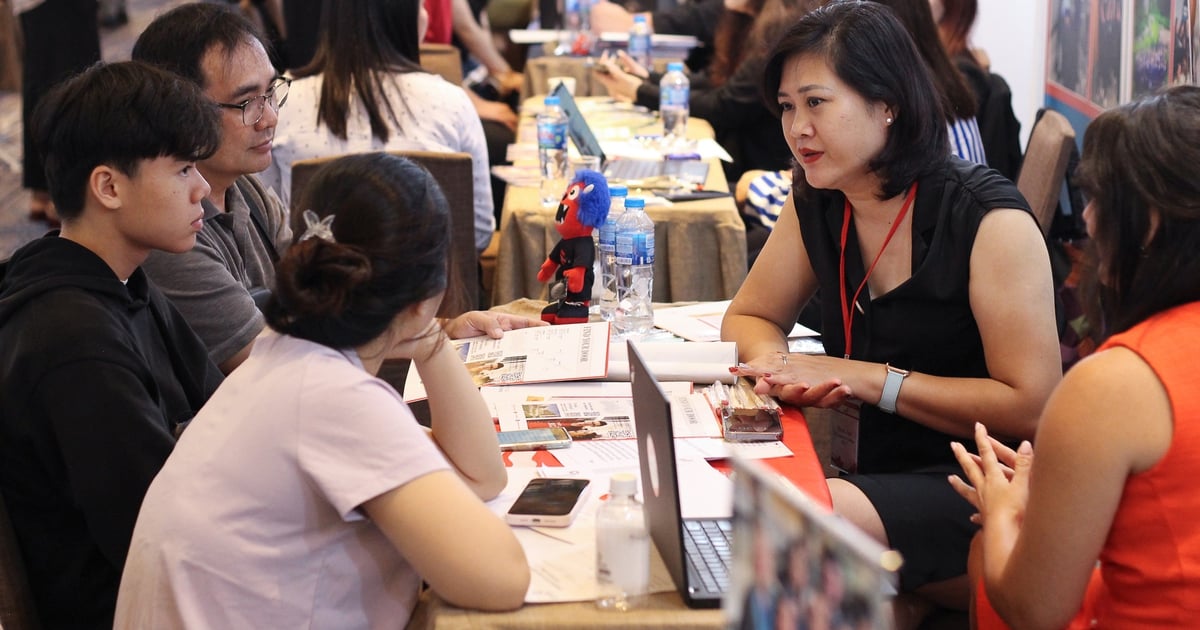




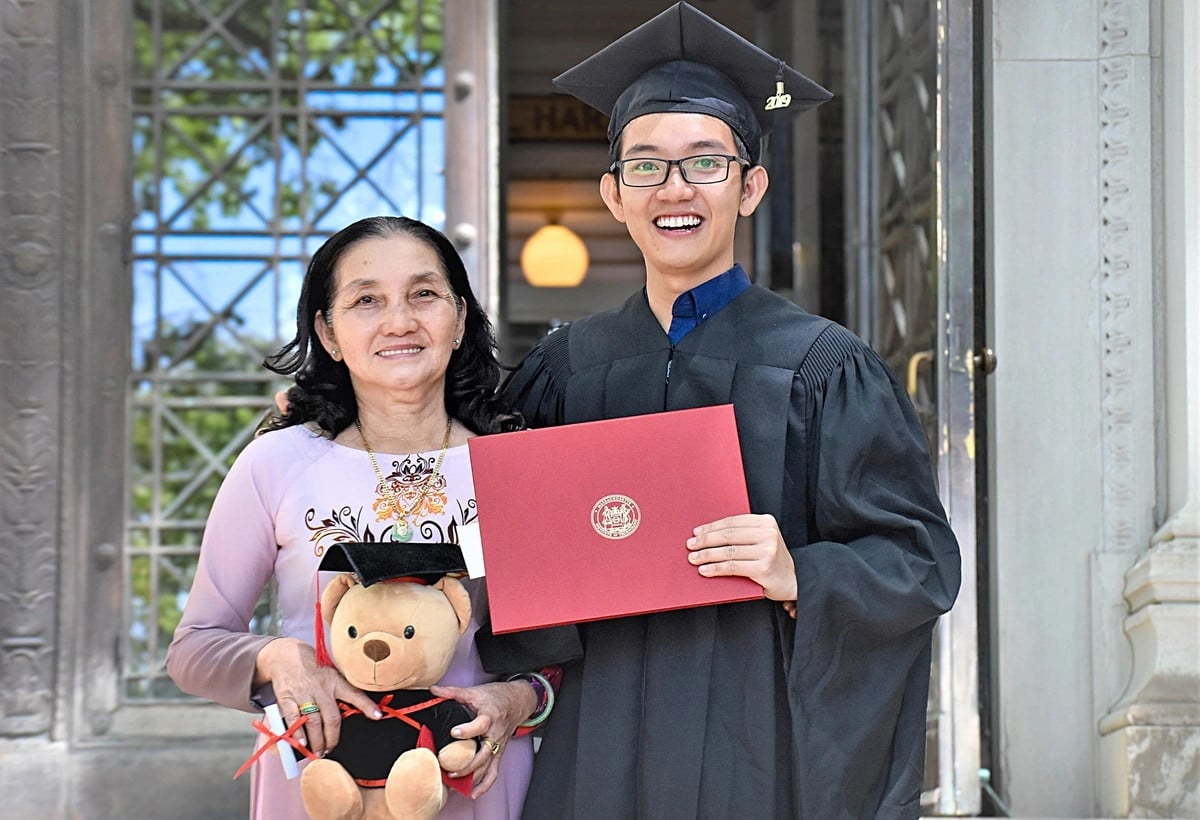


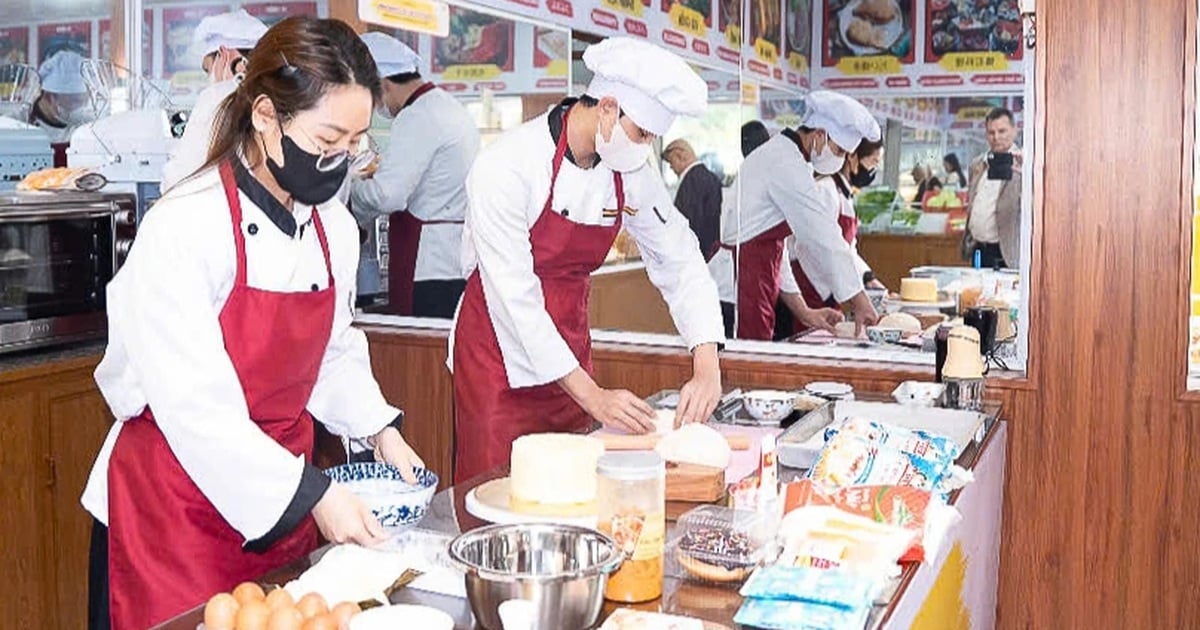


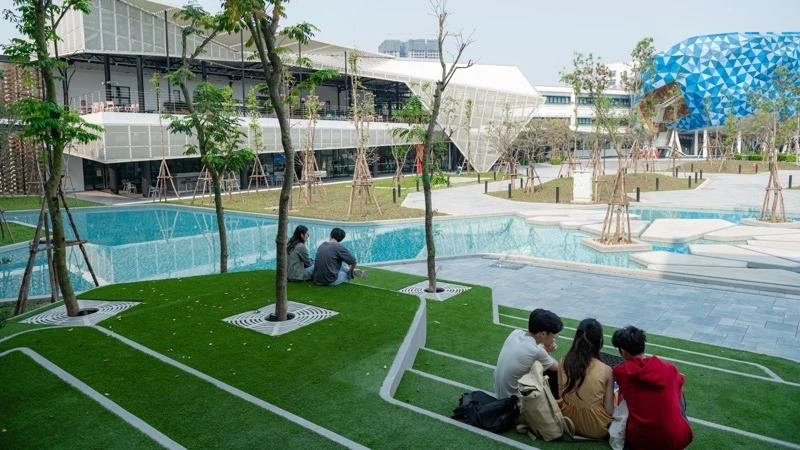














![[Photo] Myanmar's capital in disarray after the great earthquake](https://vstatic.vietnam.vn/vietnam/resource/IMAGE/2025/4/1/7719e43b61ba40f3ac17f5c3c1f03720)
















































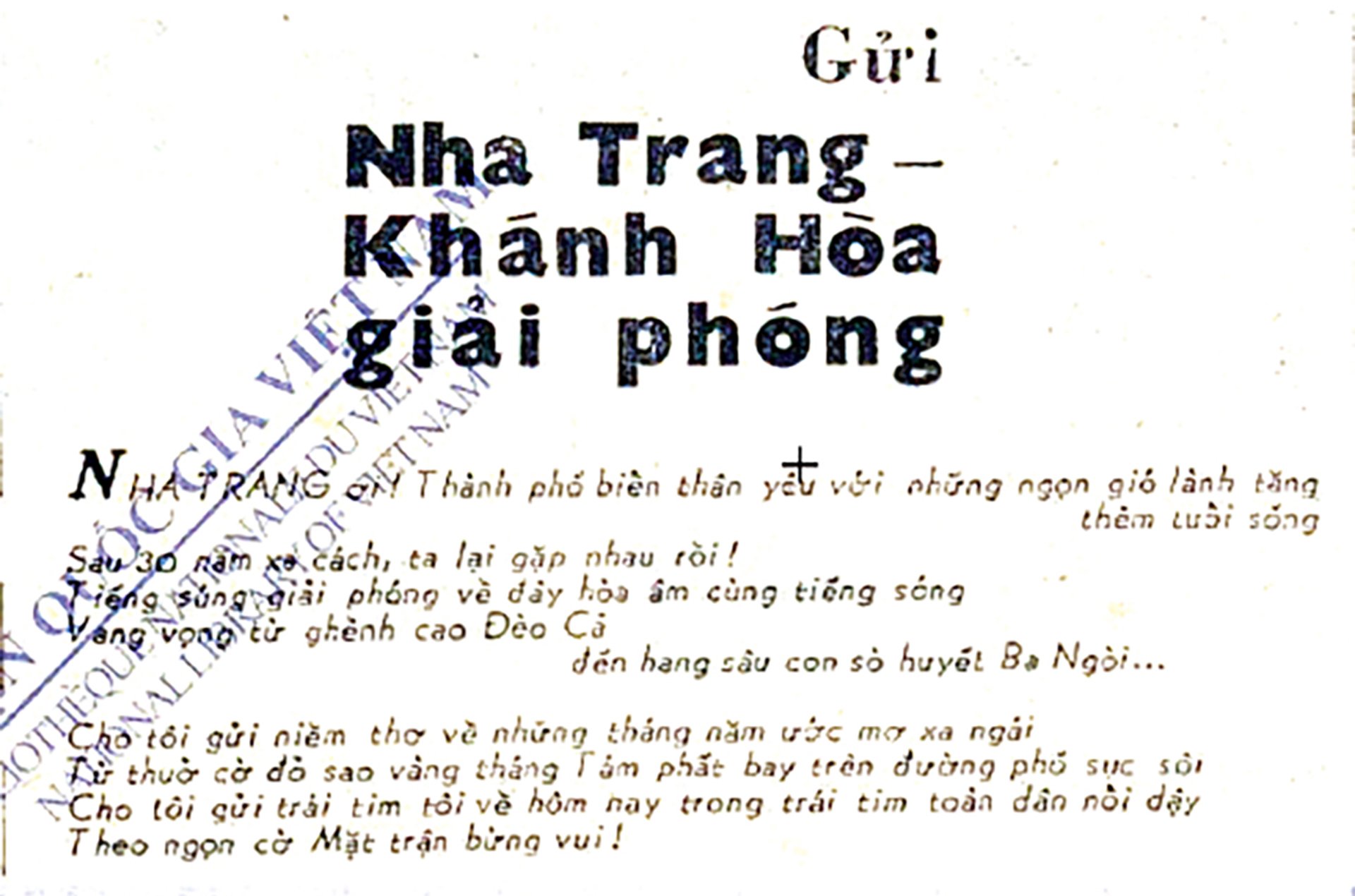













Comment (0)